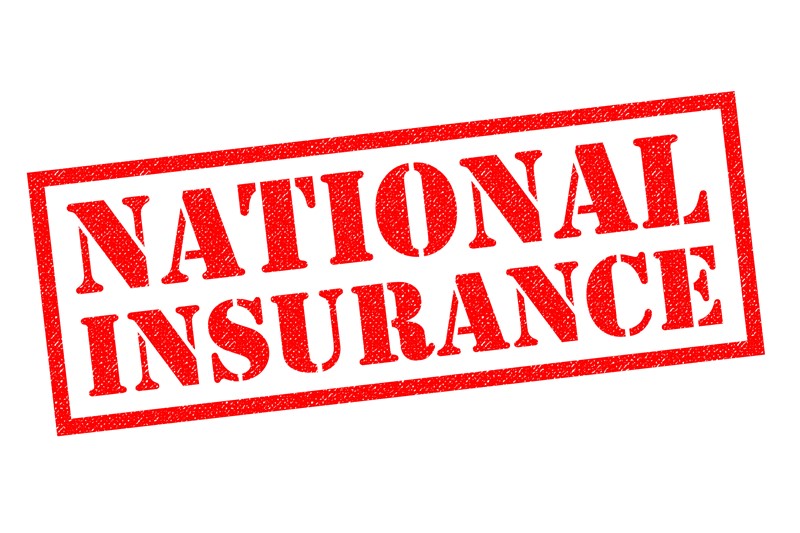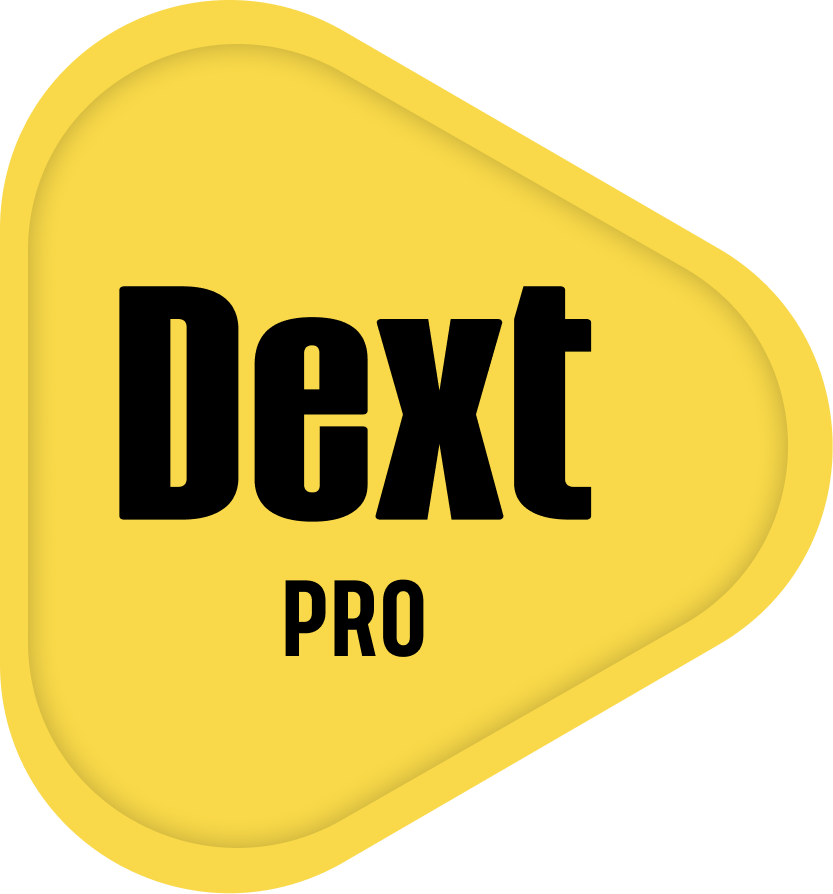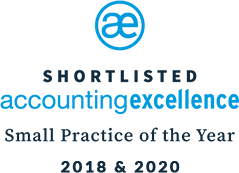It is important to bear in mind that the 1.25% increase in National Insurance contributions (NICs) for 2022-23 will apply to National Insurance Class 1 and Class 4 contributions from April 2022. This means that the increase will apply to Class 1 (employee and employer), Class 1A and 1B and Class 4 (self-employed) NICs. Those above State Pension Age are not impacted by the April 2022 changes although see closing comments on the new Levy from April 2023.
Smaller employers who benefit from the NIC employment allowance may not be affected by the increase in employer secondary Class 1 contributions if their NI bill is covered by the allowance. The employment allowance currently allows eligible employers to reduce their National Insurance liability by up to £4,000 per year. The allowance is only available to employers that have employer NIC liabilities of under £100,000 in the previous tax year.
The employment allowance cannot be used against Class 1A or Class 1B NICs liabilities and accordingly, the 1.25% increase will represent a real cost even for small employers whose Class 1 NIC bill is covered by the employment allowance.
From April 2023, these increases will be incorporated into a new ringfenced Health and Social Care Levy of 1.25%. The levy will apply to those who pay Class 1 (employee and employer), Class 1A and 1B and Class 4 (self-employed) NICs and will also be extended to those over State Pension age who are in work. The NIC rates will revert to their current level, but the increase will of course remain by way of the new levy.





